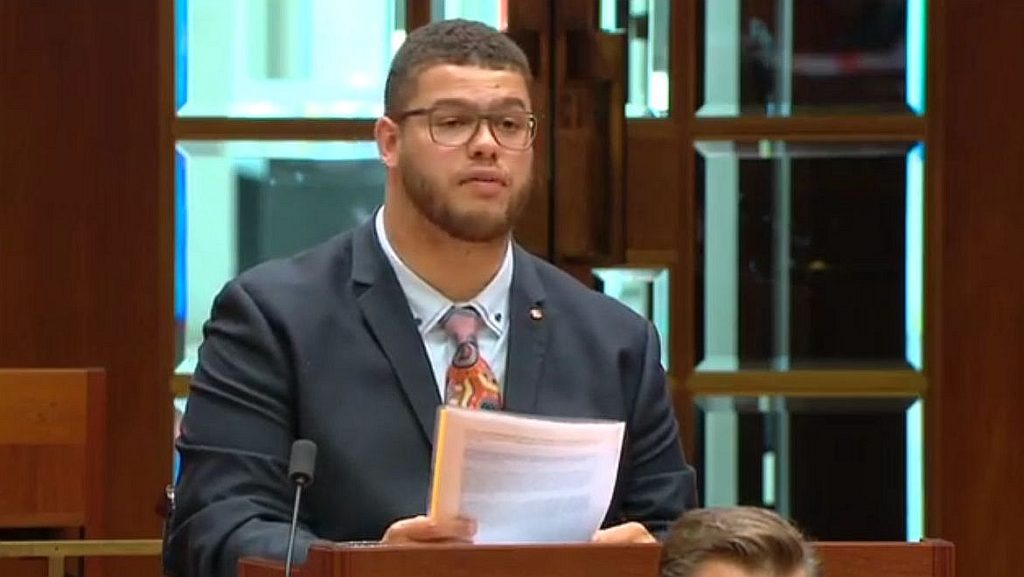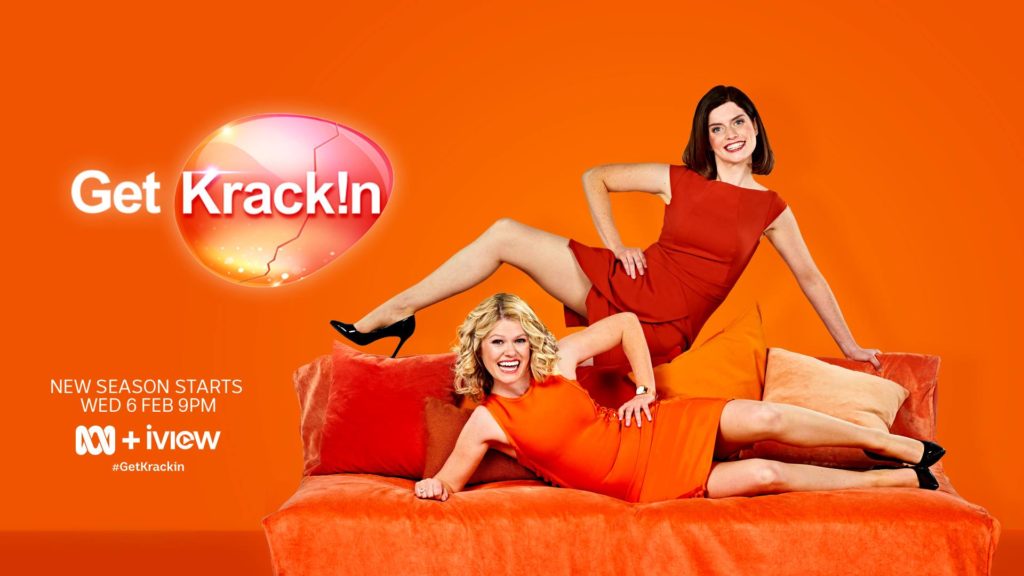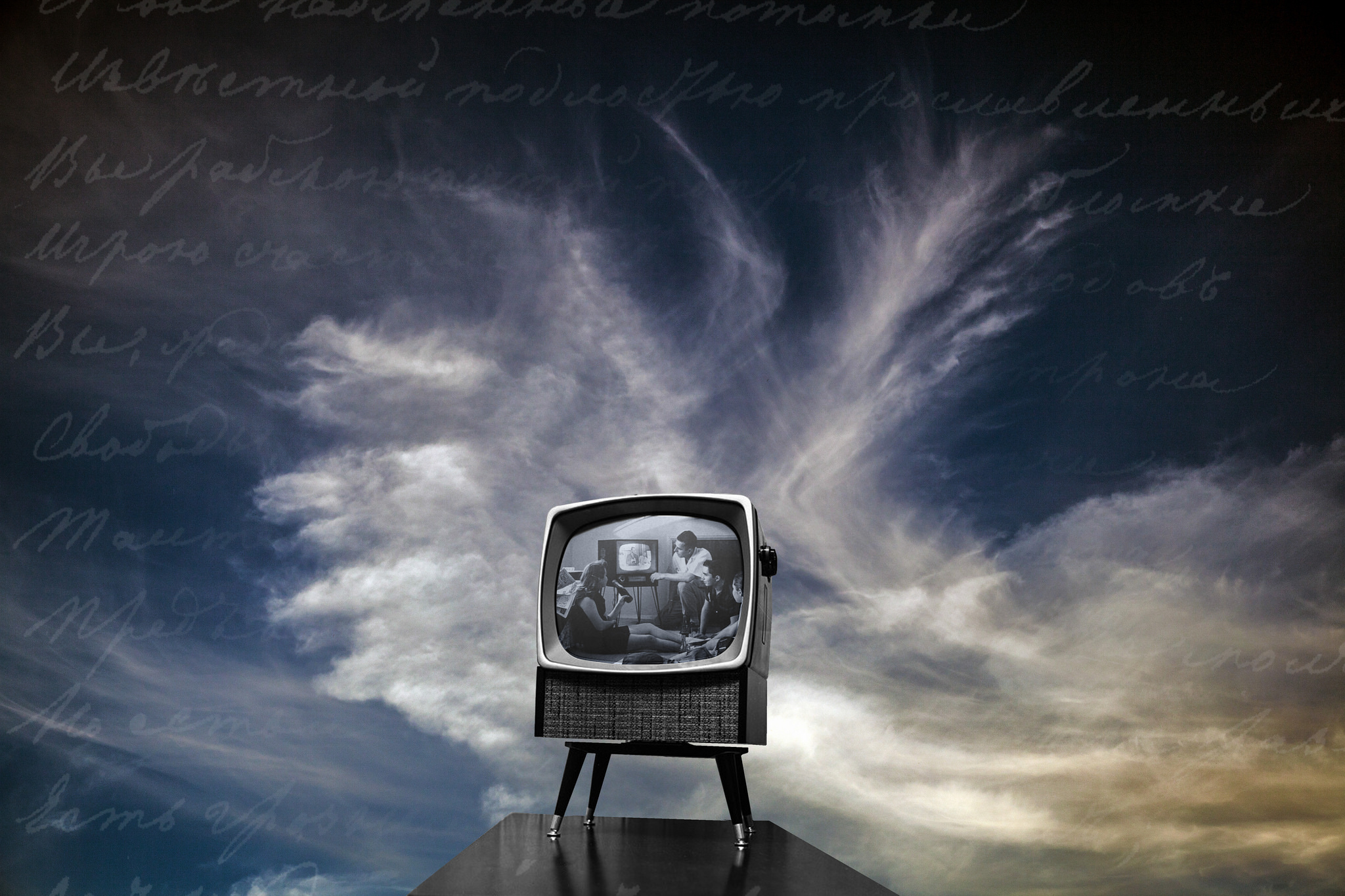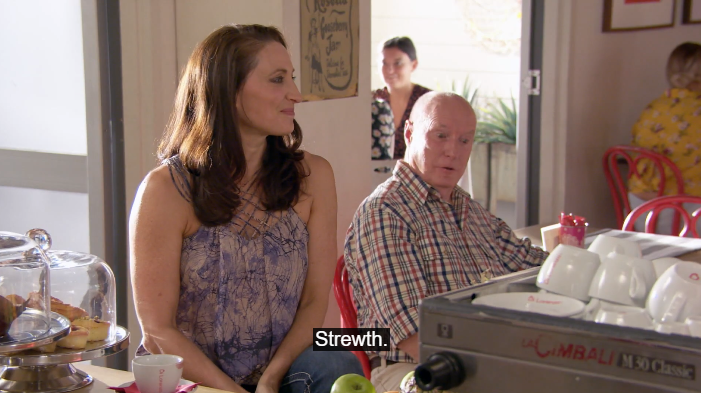
In a media release published yesterday the Minister for Communications, Cyber Safety and the Arts announced that the Australian Government will provide $2 million each to the ABC and SBS to introduce audio description on broadcast television.
The Hon Paul Fletcher MP explained that “as a result of this funding, the national broadcasters are expected to begin offering audio description services to audiences by 1 July 2020.”
This is a huge development for blind and vision impaired viewers, audio describers, activists and researchers who have been working towards the provision of audio description on free-to-air television in Australia.
In response to the news, Emma Bennison, CEO of Blind Citizens Australia (BCA) states that:
“This is a fantastic step forward for Australians who are blind or vision impaired. BCA has been campaigning for AD since 1996 and more recently, organisations across the blindness sector have joined with us to highlight the human right of people who are blind or vision impaired to watch television with family and friends.’
Further comments from BCA can be read here.
Australian Greens Senator Jordon Steele-John also responded positively, with a note of caution regarding the extent of the funding:
“Whilst this is a huge win for our blind and vision-impaired communities, it is disappointing to see that this government has not committed to requiring commercial free-to-air television stations to provide audio description as well.
“The commercial stations – Channel’s Seven, Nine, Ten and Sky – are now on notice. The technology is readily available and cheap, and the community expects them to follow suit and make sure their content is accessible to blind and visually-impaired Australians!’
The Greens response can be read here.
Curtin University Professor Katie Ellis agrees that the move is very promising:
“This funding injection is fantastic news for Australian television audiences who are blind and vision impaired. Many shows screened on Australian television are already audio described but the broadcasters lacked the technology to make these tracks available. This $4 million will propel Australian broadcasting forward and in this era of personalised television who knows how audiences will make use of this accessibility feature.
“The Australian government should be applauded for their support of audio described public broadcasting. There is no reason why the commercial broadcasters can’t begin providing this feature too.’
Research conducted through this website has shown that both disabled and nondisabled people agree when it comes to accessible television; everyone who participated in our focus groups thought that free-to-air TV should be audio described and available to all.
Importantly, yesterday’s press release notes that “the Government will not prescribe the way in which the ABC and SBS deliver audio description services.” Questions regarding standards and modes of delivery are thus left open to further research and discussion, as broadcasters begin to determine how they will implement these changes next year. Past and current research into audience reception and different styles of audio description will be pivotal in ensuring the services provided by the ABC and SBS are effective.
We will continue to report on these issues as the national broadcasters move to implement audio description in the New Year.
For now, it’s wonderful to celebrate good news as 2019 comes to an end!





